To mark the end of 2024 and the start of 2025, we have put together a collection of materials related to something that many people use the beginning of the year to create: New Year’s resolutions.
Enjoy!
—The Good Sentences Team
1. Fiction: Today Will Be Different by Maria Semple (2016)
Favorite Sentence: “The grinding it out was a disgrace, an affront to the honor and longshot of being alive at all.”
—Picked by Lindsay Barnett, Class of 2025 (Where I will be spending New Year’s: Ann Arbor, Michigan)
2. Non-Fiction: Good Habits, Bad Habits: A Conversation with Wendy Wood by Michaela Barnett (2019)
Favorite Sentence: “The best evidence we have at this point is that it can take two to three months to form a simple habit—to make something so automated that you don’t have to think about it, you just do it.”
—Picked by Andrew Baptist, Class of 2025 (Where I will be spending New Year’s: Troy, Ohio)
3. Poetry: Burning the Old Year by Naomi Shihab Nye (1995)
Favorite Lines:
“Where there was something and suddenly isn’t,
an absence shouts, celebrates, leaves a space.”
—Picked by Muhammad Qaasim, Class of 2026 (Where I will be spending New Year’s: Canton, Michigan)
Michigan Sentences: In 2017, University of Michigan psychology professor David Dunning—if you have heard of the Dunning-Kruger effect, he is the “Dunning” part of that research team—was asked, along with some other experts, about what makes New Year’s resolutions so difficult. The sample below is his response to the questions “Why do so many people fail to keep their New Year’s resolutions?” and “What can they do to increase their odds of success?”
Ask the Experts: New Year’s Resolutions (2017)
Sample: “They make a resolution, but fail to come up with a plan for actually carrying out that resolution. If you commit to going to the gym, commit to a few specifics as well. What days or nights will you go to the gym? What do you want to develop—stamina, heart health, or strength? Is there a book or advisor who can suggest how to get to that goal? Remember, a goal without a plan is merely a wish.”
Syllabus Sentences: Here’s a “Self-Assessment” assignment I give students at the beginning of a course called “Good with Words: Writing and Editing.” It is designed to help them identify—and achieve—their current writing goals. Below are a couple habits the assignment suggests experimenting with.
Habit: “Carry a notepad with me wherever I go and jot down ideas when they come to me.”
Benefit: “An electronic version of this goal can be fulfilled with the ‘Notes’ function on an iPhone or similar device. But I encourage using a physical pad because something magical often happens when you take the time to put pen to paper. Your mind slows. Your thoughts crystallize. You might just produce a second idea by the time you write down the first.”
Habit: “When I am about halfway through a writing project, call a friend, sibling, or parent and try to explain to them what I’ve already written and what I still have left to write.”
Benefit: “Writing often comes down to having a conversation on a page. Sometimes, though, that conversation first needs to happen with another person. So talk to people about what you are writing—and then thank them profusely.”
Book Recommendations
For good sentences about personal change
How to Change: The Science of Getting from Where You are to Where You Want to Be by Katy Milkman (2021)
Sample: “Research has proven time and again that rather than relying on willpower to resist temptation, we’re better off figuring out how to make good behaviors more gratifying in the short-term. Big payoffs far down the road just aren’t enough to keep us motivated.”
For good sentences about social change
Change: How to Make Big Things Happen by Damon Centola (2021)
Sample: “The power of highly connected social stars (or, as we now call them, influencers) to spread innovations turns out to be one of the most enduring and misleading myths in social science. It has infiltrated the worlds of sales, marketing, publicity, and even politics. So much so, that even if an innovation spreads from the periphery to achieve worldwide influence, we still give the credit for its success to a social star.”
For good sentences about completing major projects
How Big Things Get Done: The Surprising Factors That Determine the Fate of Every Project, From Home Renovations to Space Exploration and Everything in Between by Bent Flyvbjerg and Dan Gardner (2023)
Sample: “In total, only 8.5 percent of the [16,000 megaprojects we studied] hit the mark on both cost and time. And a minuscule 0.5 percent nail cost, time, and benefits. Or to put that another way, 91.5 percent of projects go over budget, over schedule, or both. And 99.5 percent of projects go over budget, over schedule, under benefits, or some combination of these. Doing what you said you would do should be routine, or at least common. But it almost never happens.”
Quick Tip
Here’s a quick tip on a resolution that these monthly “Good Sentences” newsletters are designed to help you achieve: spend time reading quality pieces of writing.





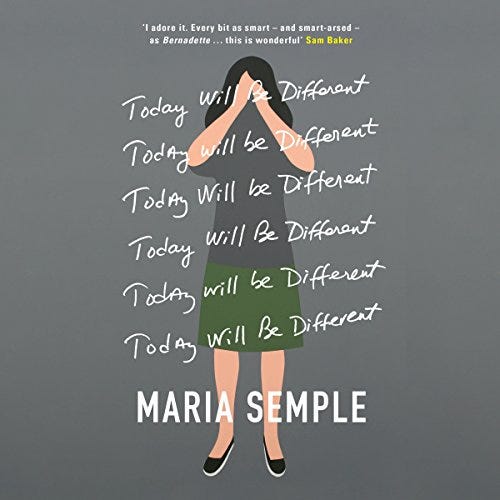
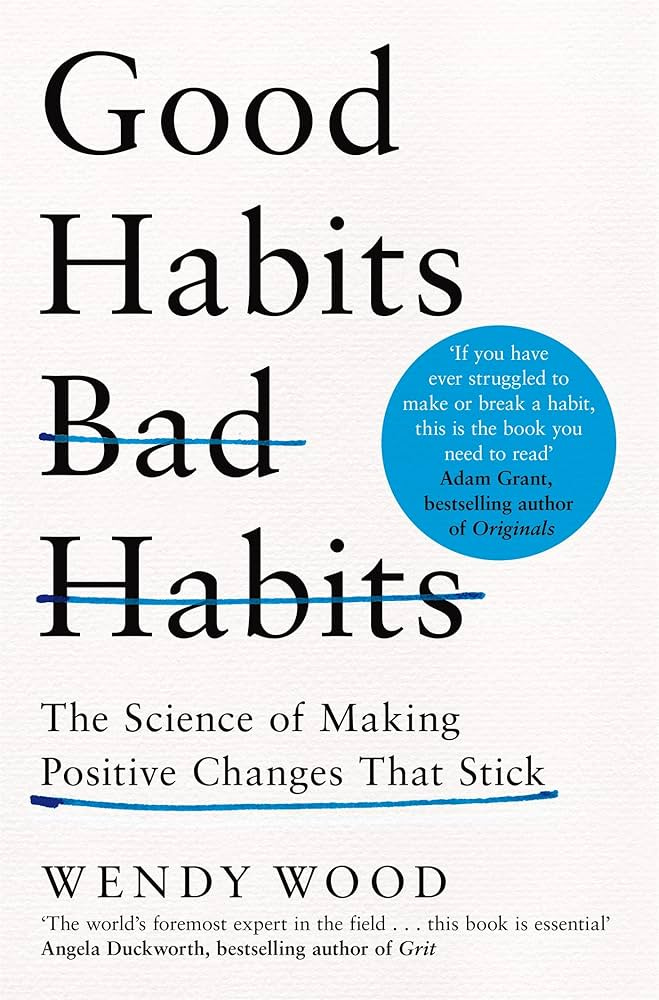

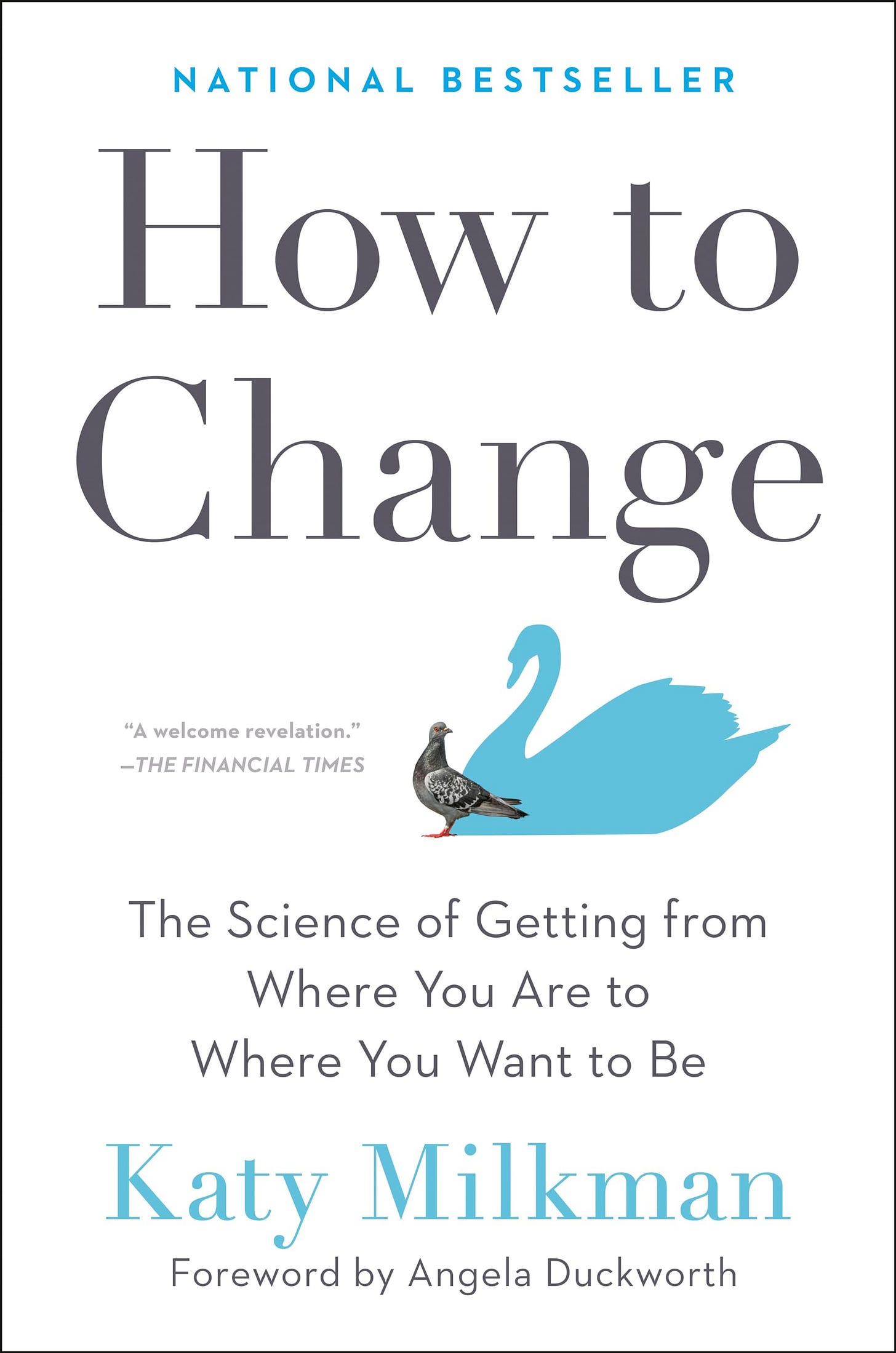
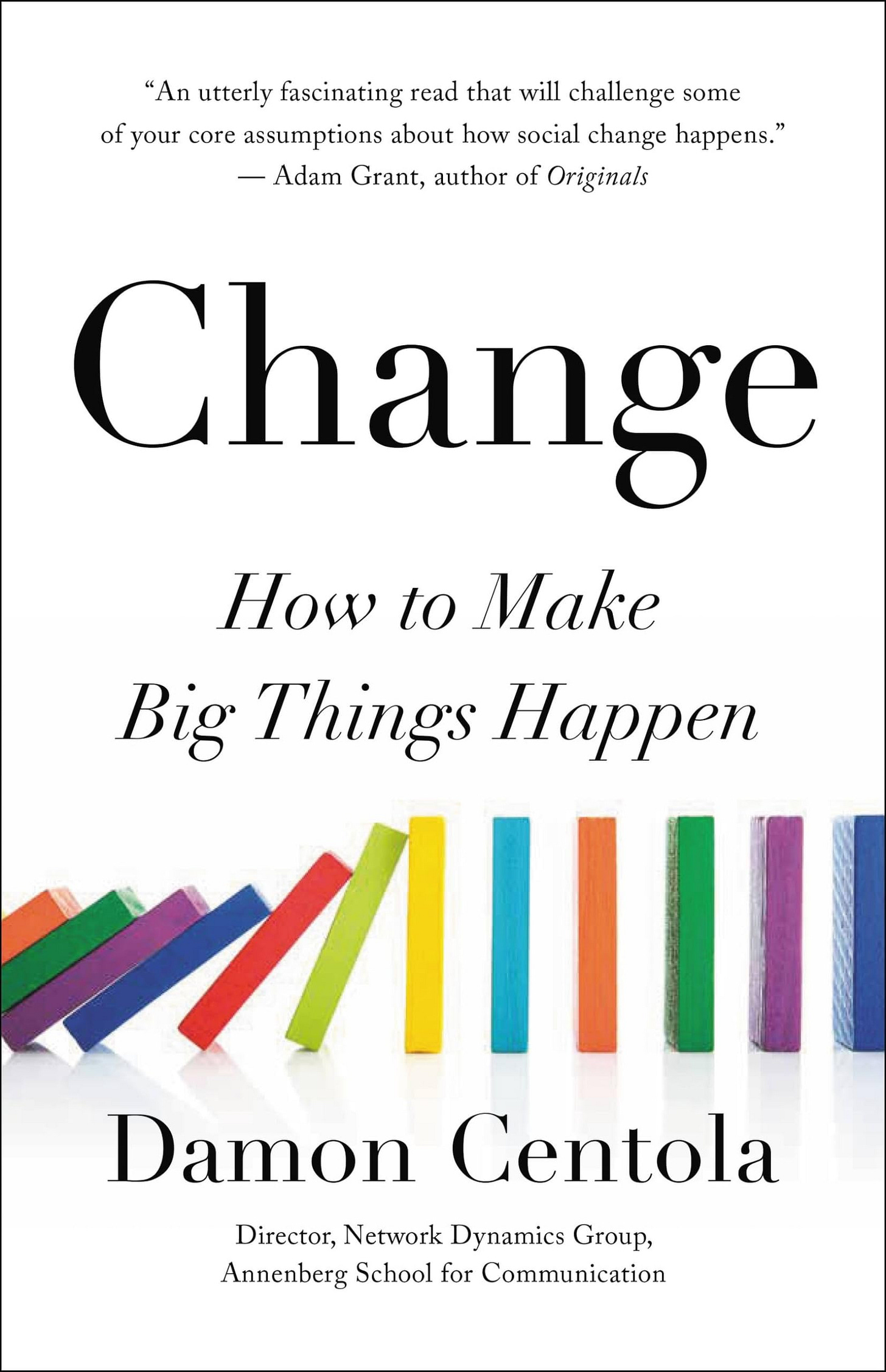
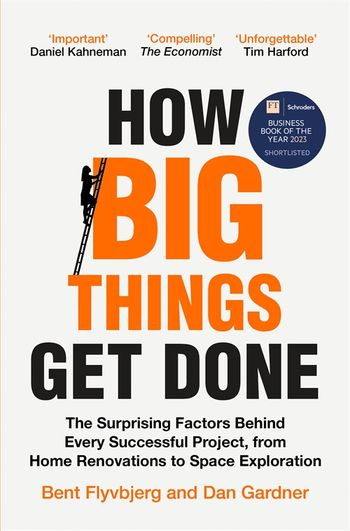
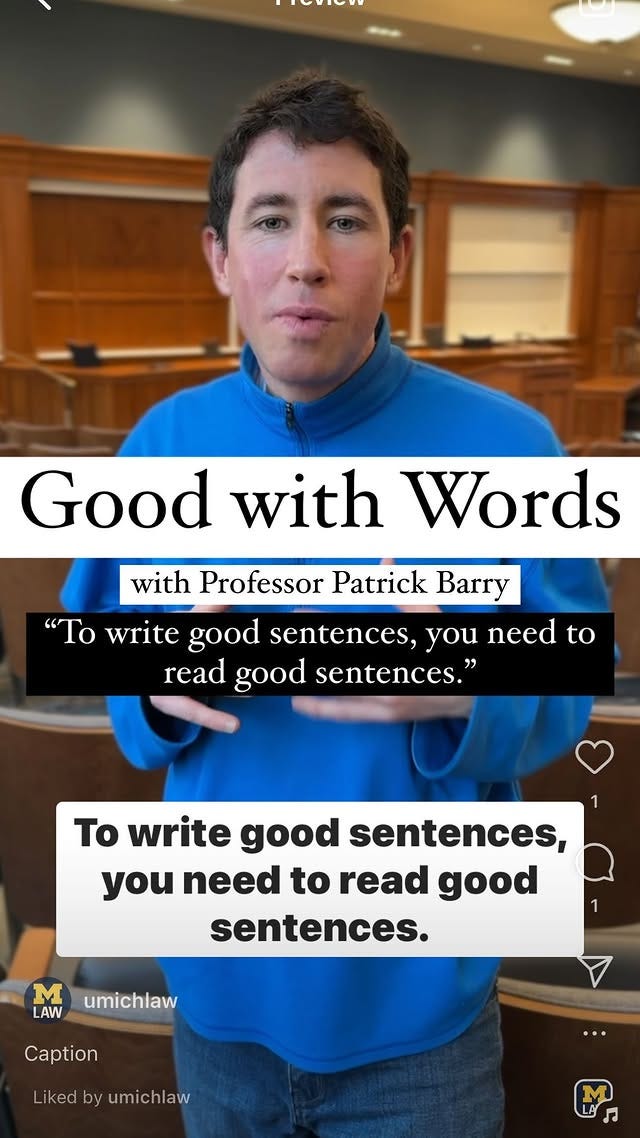
Thanks for all the great tips! Hope you & yours have a safe and happy new year.